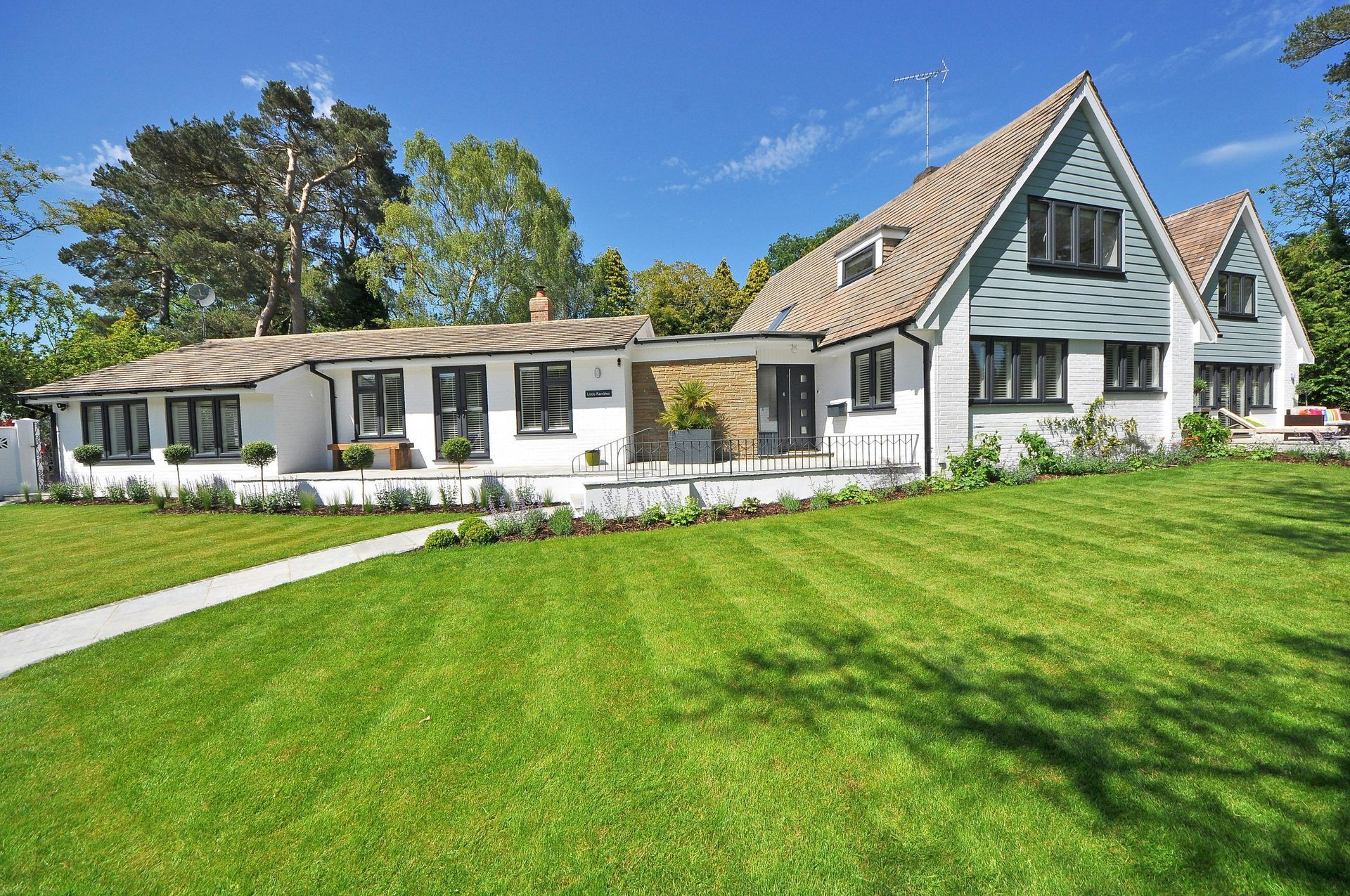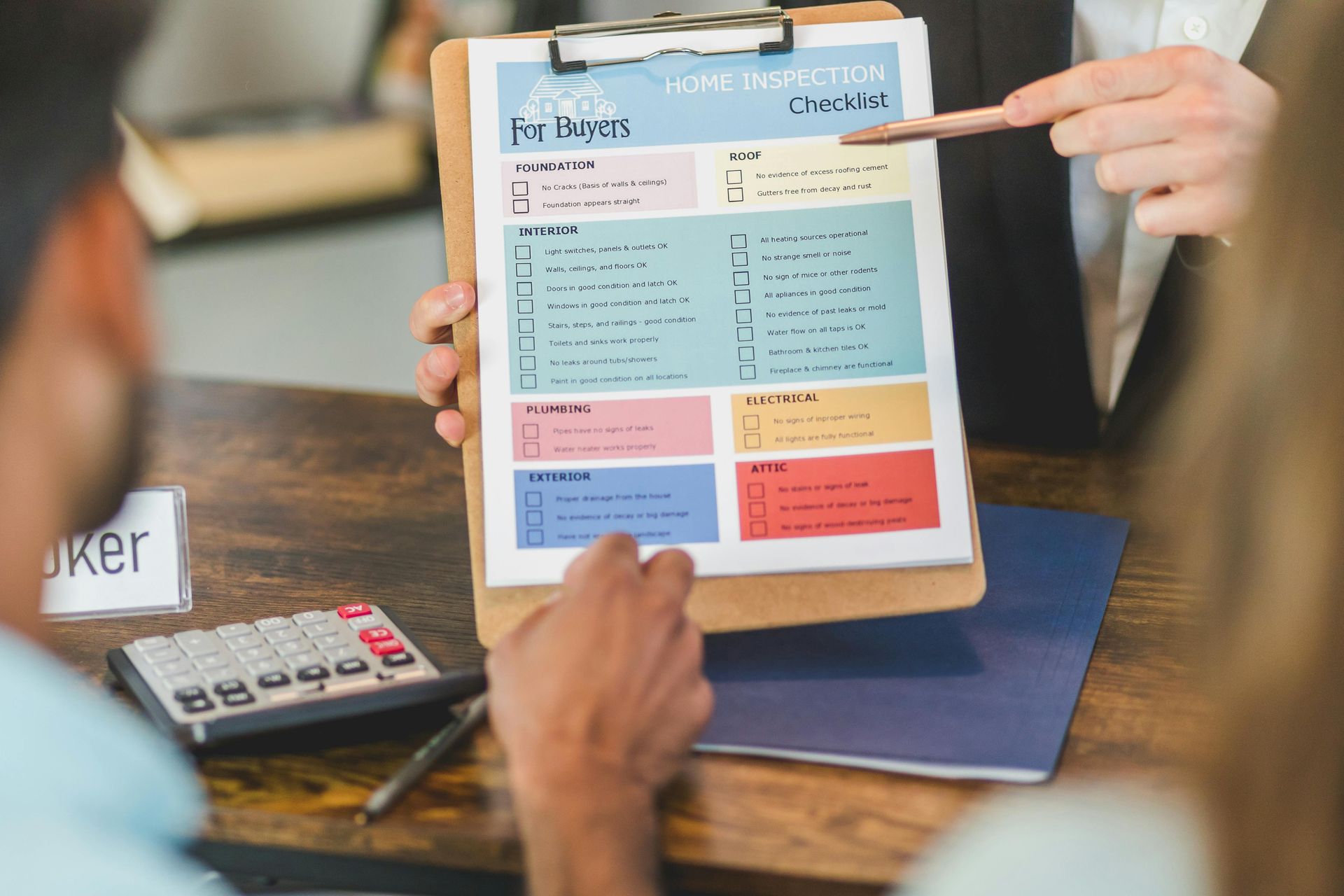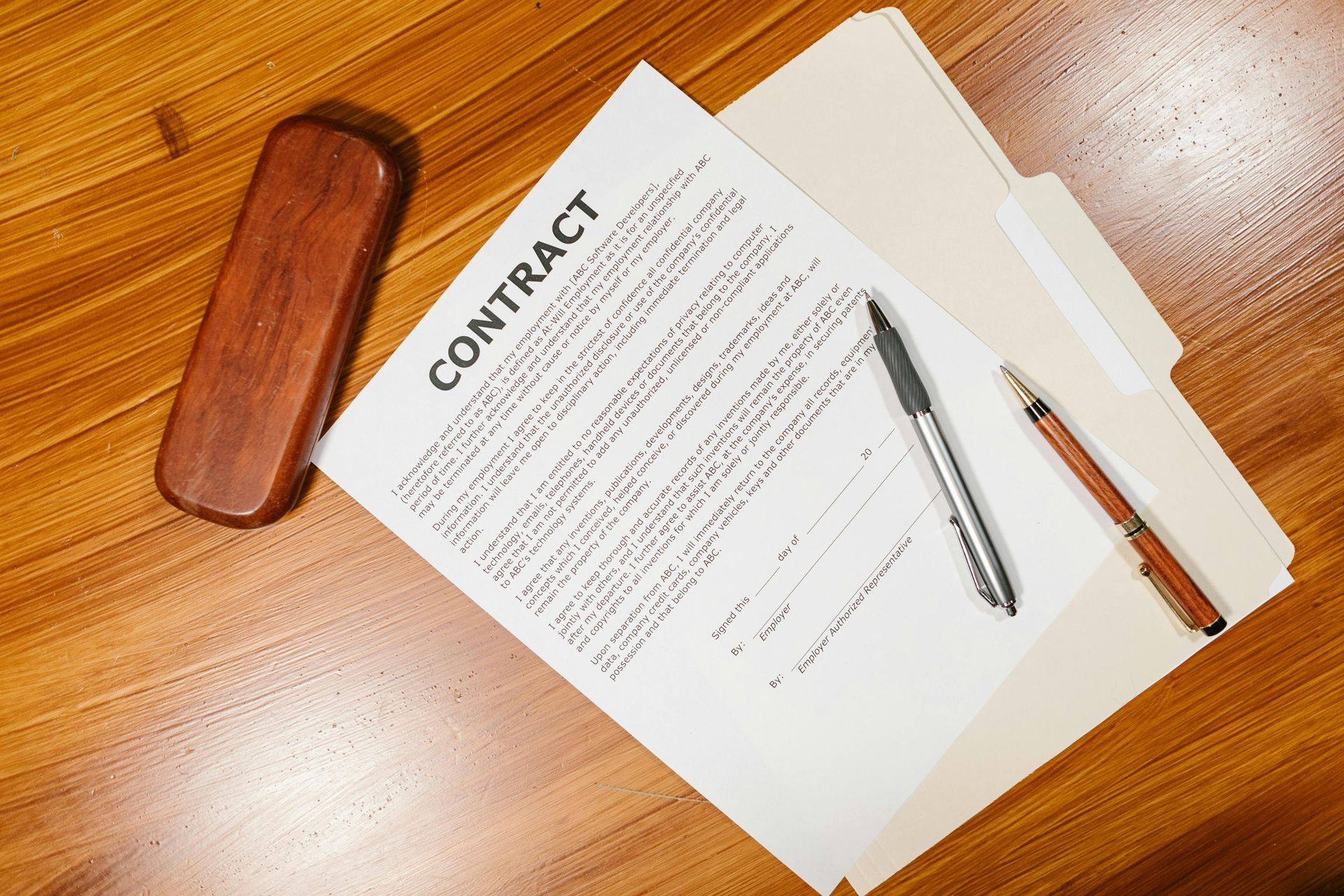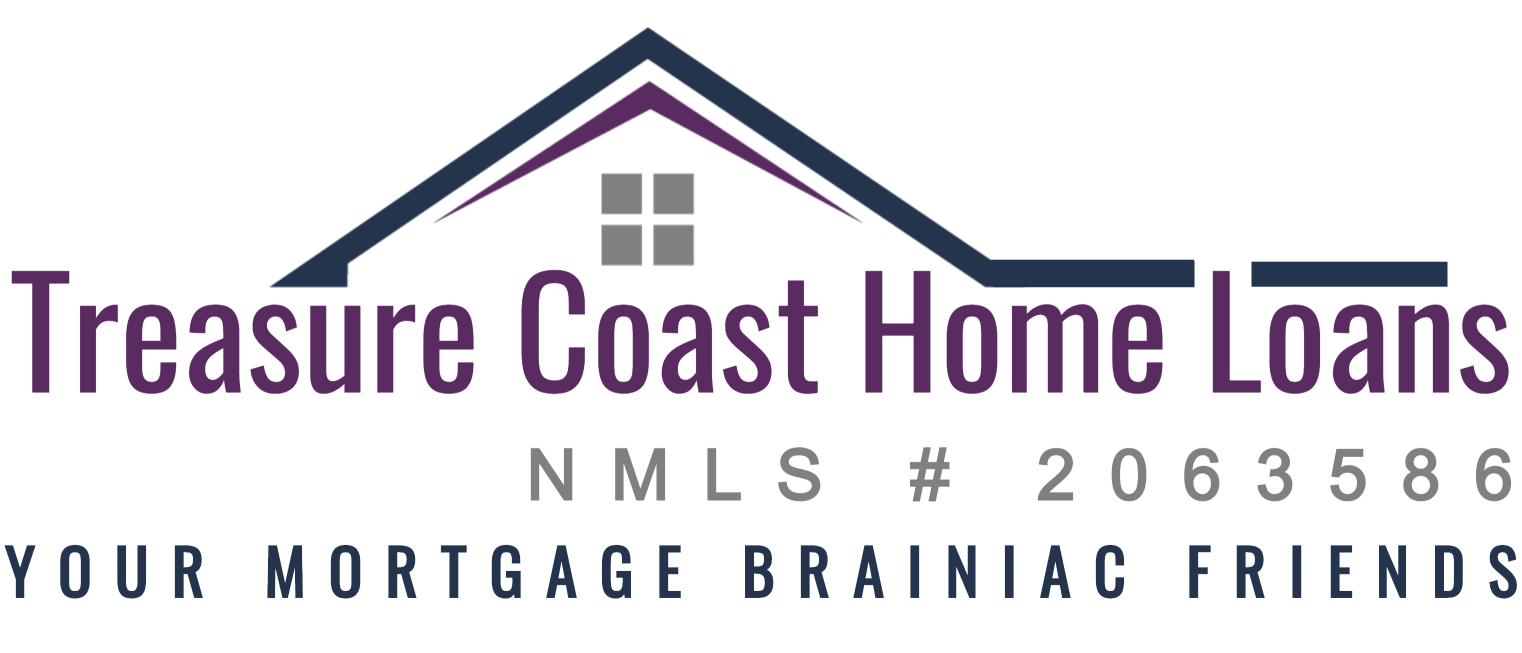Transform Your Investment: The Smart Homeowner’s Guide to Renovations That Actually Boost Your Property Value (And the Costly Mistakes to Avoid)
You’ve just secured financing for your dream home, and you’re already envisioning the possibilities. That outdated kitchen could be stunning. The cramped bathroom? Perfect candidate for expansion. But before you start swinging hammers and signing contractor agreements, there’s a critical question every smart homeowner needs to answer: Will this renovation actually increase my home’s value, or am I about to flush money down the drain?

As mortgage professionals who’ve helped thousands of homeowners finance both purchases and renovations, we’ve seen it all—the brilliant upgrades that paid for themselves twice over, and the expensive mistakes that cost sellers tens of thousands when it came time to move. The difference between a smart renovation and a costly error often comes down to understanding what today’s buyers actually want.
Let’s dive into the renovations that deliver real returns, the ones that barely move the needle, and the projects you should avoid entirely.
The Heavy Hitters: Renovations That Consistently Increase Home Value
Kitchen Remodels: The Crown Jewel of Home Improvements
A well-executed kitchen renovation remains one of the most reliable ways to boost your home’s value. According to recent data, a minor kitchen remodel typically recoups 75-85% of its cost, while a major upscale kitchen renovation can return 50-60%.
What works: Focus on clean, timeless designs with quality materials. Think white or neutral cabinetry, quartz or granite countertops, stainless steel appliances, and modern lighting. Open-concept layouts continue to dominate buyer preferences. Budget $25,000-$40,000 for a mid-range kitchen remodel that will appeal to the broadest market.
What to avoid: Ultra-trendy colors, overly personalized designs, or going so high-end that your kitchen outpaces the neighborhood. A $100,000 chef’s kitchen in a $350,000 home is a mismatch that won’t recoup costs.
Bathroom Additions and Upgrades: High Demand, Strong Returns
Adding a bathroom to a home with only one, or upgrading an outdated bathroom, consistently ranks among top-value renovations. A bathroom addition can recoup 50-60% of costs, but the real value lies in making your home competitive in its market segment.
The sweet spot: If you have a three-bedroom, one-bathroom home, adding a second bathroom is almost always worth it. Upgrading master bathrooms with double vanities, walk-in showers, and modern fixtures appeals strongly to buyers. Expect to invest $15,000-$30,000 for a quality bathroom renovation.
Watch out for: Converting bedrooms into bathrooms (you’re trading one valuable asset for another), overly luxurious spa bathrooms that exceed neighborhood standards, or jacuzzi tubs that many buyers now see as dated water-wasters.
Curb Appeal Enhancements: First Impressions That Pay
Never underestimate the power of curb appeal. Front door replacement, fresh exterior paint, updated landscaping, and new garage doors offer some of the highest returns on investment—often 75-100% or more.
Smart investments: A new steel entry door ($1,500-$3,000) can recoup nearly 100% of its cost. Professional landscaping ($3,000-$8,000) creates instant appeal. Fresh exterior paint in neutral, attractive colors transforms a home’s appearance without breaking the bank.
Cost-effective wins: These projects are relatively inexpensive but create disproportionate value by ensuring buyers fall in love at first sight.
Solid Performers: Renovations That Hold Their Own
Finished Basements and Attic Conversions
Adding functional square footage through basement finishing or attic conversion typically recoups 60-75% of investment. These projects work best when the additional space serves a clear purpose—home office, guest bedroom, entertainment area, or additional living space.
The strategy: Keep it simple and functional. Buyers value the space, but they won’t pay premium prices for over-the-top basement theaters or highly specialized rooms. Budget $30,000-$75,000 for a quality basement finish.
Energy-Efficient Upgrades
New windows, improved insulation, and energy-efficient HVAC systems appeal to environmentally conscious buyers and those concerned about operating costs. While these upgrades typically recoup 60-80% directly, they make homes more competitive and can speed up sales.
Modern necessity: Today’s buyers increasingly expect energy efficiency. LED lighting, smart thermostats, and Energy Star appliances are becoming baseline expectations rather than luxuries.
Deck and Patio Additions
Outdoor living spaces continue growing in popularity, with wooden deck additions recouping about 65-75% of costs. Composite decking, while more expensive initially, offers better longevity and appeals to low-maintenance buyers.
Size matters: Keep decks proportional to your home and lot. A massive deck on a modest home looks incongruous and won’t deliver returns.
The Disappointing Truth: Renovations That Don’t Add Much Value
Swimming Pools
This one surprises many homeowners. In most markets, swimming pools recoup only 40-50% of their installation costs. While pools can help homes sell faster in warm climates like Arizona or Florida, they often narrow your buyer pool elsewhere.
The reality: Pools are expensive to maintain ($2,000-$4,000 annually), pose safety concerns for families with young children, and many buyers see them as liabilities rather than assets. If you want a pool for personal enjoyment, get one—just don’t expect it to be a financial investment.
Home Offices and Specialized Rooms
Converting bedrooms into dedicated home offices, craft rooms, or other specialized spaces often fails to add value because you’re removing a bedroom—something nearly all buyers want. The exception? If you’re adding space rather than converting it.
Better approach: Stage rooms as offices or multi-purpose spaces, but keep the flexibility. A “bedroom/office” maintains more value than a “custom craft room.”
High-End Luxury Upgrades That Exceed Your Market
Installing commercial-grade appliances, imported marble, or custom wine cellars in a median-priced neighborhood is a classic over-improvement mistake. You might recover 30-40% of these costs.
The principle: Your home should be one of the nicest on the block, but not so far above neighborhood standards that you price yourself out of the market.
Red Flags: Renovations That Can Actually Decrease Value
Removing Bedrooms or Bathrooms
Converting a four-bedroom house to three bedrooms, or removing a bathroom, almost always decreases value. Buyers search by bedroom and bathroom count, and reducing these numbers removes you from many searches entirely.
Critical mistake: This includes converting garages into living spaces without adding parking elsewhere. Many municipalities require minimum parking, and buyers need parking regardless.
Overly Personalized or Trendy Designs
That bold accent wall in hot pink? The room painted in chalkboard paint? Highly personalized design choices force buyers to mentally calculate renovation costs to “fix” your choices, which depresses offers.
Examples to avoid: Unusual paint colors, themed rooms (like a specific sports team), textured walls requiring extensive prep to change, or any design choice that serves only your specific taste.
DIY Projects Gone Wrong
Poor workmanship, unpermitted additions, and visible DIY mistakes can seriously harm your home’s value and marketability. Buyers—and their home inspectors—will find issues, and unpermitted work can kill deals or force expensive corrections.
Danger zones: Electrical and plumbing work, structural modifications, and additions all require permits and professional expertise. The money you save on DIY could cost you exponentially more in lost sale price or deal-breakers during inspection.
Converting Garages (Permanently)
While finished garages can serve as bonus spaces, permanently converting them to living space without replacing the lost parking and storage often decreases value, especially in areas where parking is at a premium.
Making Smart Renovation Decisions With Your Mortgage Broker
Here’s where working with an experienced mortgage professional becomes invaluable. We can help you:
Finance renovations intelligently: Renovation loans, cash-out refinances, and HELOCs each have specific advantages depending on your situation, timeline, and the renovations you’re planning.
Understand your market: We work with appraisers and have deep knowledge of what’s actually selling in your specific neighborhood. That kitchen remodel might return 80% in one area and 60% in another.
Time your projects strategically: Coordinating renovation financing with your home purchase can save thousands in interest and streamline the process.
Avoid over-improving: We’ll help you understand your home’s maximum potential value based on comparable sales, so you don’t over-invest beyond what the market will support.
The Bottom Line: Invest Wisely, Increase Value Strategically
The smartest renovation strategy treats your home as both a living space and a financial asset. Focus on improvements that:
• Appeal to the broadest range of buyers
• Fix functional problems or dated elements
• Stay within your neighborhood’s value range
• Use quality materials with timeless design
• Maintain or increase bedroom and bathroom counts
Before starting any major renovation, ask yourself: “Am I doing this because I’ll enjoy it for years, or purely for resale value?” If it’s the latter, make sure the numbers actually work.
Ready to purchase a home with renovation potential or finance improvements to your current property? Our team specializes in helping homeowners make smart financial decisions about their most important investment. We’ll walk you through renovation loan options, help you understand how improvements affect value, and structure financing that makes sense for your specific goals.
Contact us today for a free consultation about purchasing your next home or financing renovations that truly add value. Let’s make sure your home improvement dollars work as hard as you do.
Start Your Mortgage Application with Treasure Coast Home Loans
Your Local Mortgage Broker
Mortgage Broker Port St. Lucie, Florida
Learn More About the Mortgage Process.
Check Out Our Google Verified Reviews










